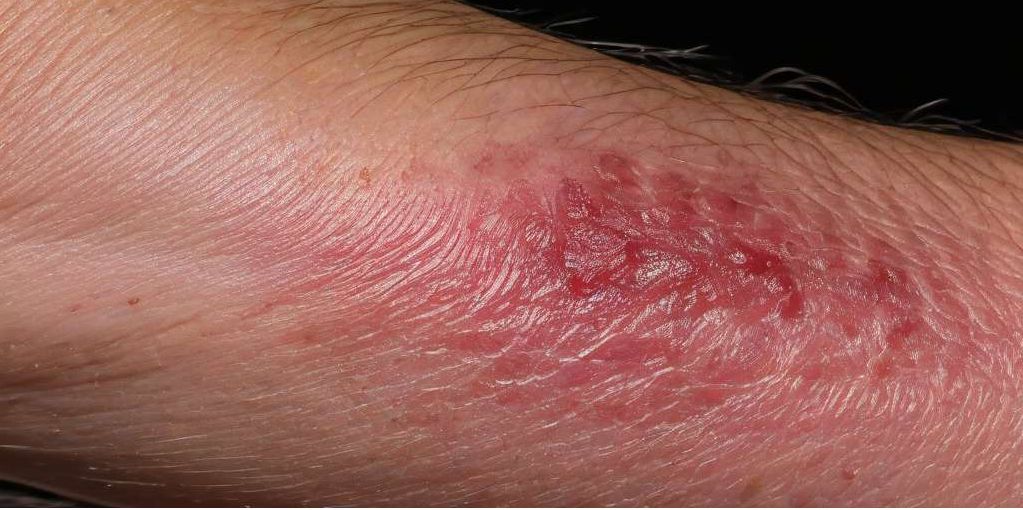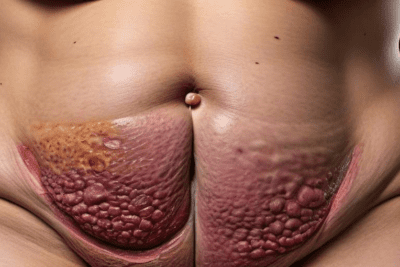
Itchy skin, also known as pruritus, can be caused by various conditions. Medical issues like eczema and internal diseases such as diabetes can contribute to skin irritation, while allergies to products or substances may trigger itching. Understanding symptoms and seeking appropriate treatment is essential to manage this discomfort. Itchy skin can affect people of all ages and proper care is crucial for overall well-being and quality of life. Consultation with healthcare professionals is recommended for persistent or severe cases.



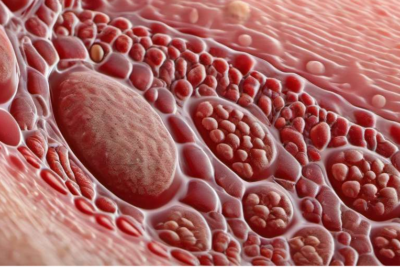
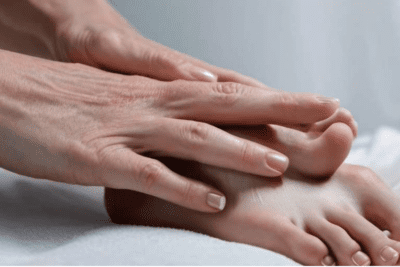
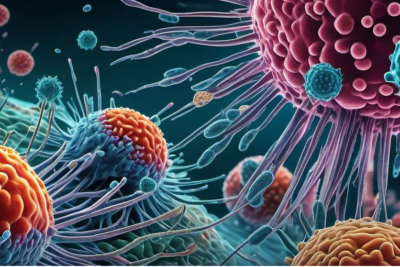
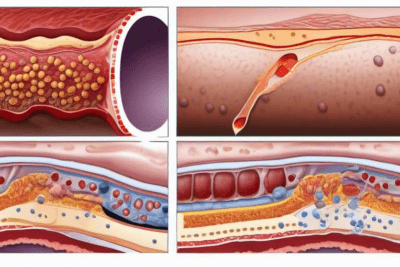




What you\'ll find in this article?
Common Causes of Itchy Skin
Itchy skin can be triggered by various factors, including medical conditions and skin irritations. Understanding the underlying causes of pruritus is crucial for effective management and relief. Here are some common reasons why itchy skin may occur:
- Diabetes
- Eczema
- Psoriasis
- Scabies
- Urticaria (Hives)
- Thyroid disorders
Skin Irritations and Allergies
- Contact dermatitis from irritants like harsh chemicals or certain fabrics
- Allergic reactions to substances such as perfumes, detergents, or pet dander
- Insect bites or stings
- Sunburn
- Dry skin from low humidity or excessive bathing
Symptoms of Itchy Skin
Itchy skin can manifest in various ways, often accompanied by discomfort and irritation. Recognizing the symptoms of pruritus is essential for proper diagnosis and treatment.
Recognizing Pruritus Symptoms
When experiencing itchy skin, individuals may notice:
- Redness or inflammation in the affected area
- Dry, flaky skin that may feel rough to the touch
- Bumps, welts, or raised areas on the skin
- Intense urge to scratch the affected area
Understanding the Diagnosis Process
Diagnosing itchy skin involves:
- Medical history assessment to identify potential triggers
- Physical examination to evaluate the skin's condition
- Possible skin tests to determine underlying causes
Treatment Options for Itchy Skin
Self-Care Measures for Itchy Skin Relief
When dealing with itchy skin, there are various self-care measures that can help provide relief:
- Keep the skin moisturized by using gentle, fragrance-free moisturizers regularly.
- Avoid hot showers or baths, as they can strip the skin of natural oils and worsen itching.
- Choose mild, unscented skincare products to reduce irritation.
- Avoid scratching the skin, as it can further irritate and damage the skin.
Medical Treatments for Itchy Skin
If self-care measures are not effective, medical treatments may be necessary to address the underlying causes of itchy skin:
- Topical corticosteroids can reduce inflammation and itching in the affected areas.
- Antihistamines can help relieve itching associated with allergies.
- Prescription-strength moisturizers may be recommended for severe dry skin.
- In some cases, oral medications or light therapy may be prescribed by a healthcare professional.
Prevention and Skin Care Tips
Skin Care Products for Itchy Skin
Using the right skin care products can help manage itchy skin effectively. Look for products specifically formulated for sensitive skin or those with soothing ingredients like oatmeal or aloe vera. Moisturizers with ceramides can help restore the skin's barrier function and reduce itching.
Recommended Skin Care Products:
- Gentle, fragrance-free cleansers
- Hydrating moisturizers
- Oatmeal-based bath products
- Calamine lotion for soothing relief
Home Remedies for Itchy Skin Relief
Alongside medical treatments, certain home remedies can provide relief from itchy skin. Natural ingredients like coconut oil, calendula, and chamomile have soothing properties that can help calm irritated skin. Taking short, lukewarm baths with colloidal oatmeal or baking soda can also alleviate itching.
Effective Home Remedies:
- Applying cold compresses to itchy areas
- Avoiding hot showers that can worsen itching
- Using fragrance-free laundry detergents
- Keeping the skin well-hydrated throughout the day
Seeking Medical Advice
When to Consult a Doctor for Itchy Skin
If you have been experiencing persistent itching for over two weeks without relief from self-care measures, it is recommended to consult a healthcare professional. Additionally, if the itching is severe, disrupting your daily activities, or spreading across your body, seeking medical advice is crucial. A sudden onset of unexplained itching or if it is accompanied by other concerning symptoms like unexplained weight loss, fever, or night sweats should prompt a visit to a doctor.
Importance of Proper Diagnosis and Treatment
Proper diagnosis and treatment of itchy skin are essential to address the underlying causes and prevent potential complications. A healthcare provider can conduct a thorough evaluation to determine the root cause of the itching, which may involve a physical examination, skin tests, and possibly blood tests. Once the cause is identified, appropriate treatment options can be recommended to alleviate symptoms and improve the overall quality of life. Timely intervention and follow-up care are crucial in managing itchy skin effectively.
Impact of Itchy Skin on Health
Effects of Chronic Itching on Overall Well-being
Chronic itching can significantly impact a person's overall well-being. Constant scratching and discomfort can lead to sleep disturbances, irritability, and decreased productivity in daily activities. The emotional toll of dealing with persistent itching can also contribute to feelings of frustration and anxiety, affecting mental health.
- Disturbed sleep patterns
- Irritability and frustration
- Reduced productivity
- Emotional distress
Managing Itchy Skin for Better Quality of Life
Effective management of itchy skin is essential for improving quality of life. Developing a skincare routine with gentle products and avoiding known irritants can help alleviate itching. Seeking medical advice for underlying conditions contributing to pruritus is crucial for long-term relief and preventing complications.
- Establishing a skincare regimen
- Avoiding triggers and irritants
- Seeking medical evaluation
- Implementing treatment plans
Itchy Skin in Different Age Groups
Itchy Skin in Adults
In adults can be caused by a variety of factors, including dry skin, eczema, or allergies. Managing itchy skin in adults involves proper skincare, avoiding irritants, and using moisturizers to soothe the skin.
- Keep the skin well-hydrated with the use of moisturizers.
- Avoid harsh soaps and detergents that can further irritate the skin.
- Identify and avoid potential allergens that may trigger itchy skin reactions.
Itchy Skin in Children and Infants
Itchy skin in children and infants may be a common issue, often related to conditions like eczema or contact dermatitis. Careful attention to skincare routines and monitoring for any signs of discomfort is crucial in managing itchy skin in this age group.
- Use gentle, hypoallergenic skincare products suited for children's delicate skin.
- Avoid excessive exposure to potential irritants like harsh detergents or fabrics.
- Consult a pediatrician or dermatologist for specialized care and treatment options.
✨ Other articles you might be interested in:
- Infections Yeast: Symptoms, Treatment, and Prevention Guide
- Understanding type 1 diabetes | ADA: Insights and management
- Understanding and Managing High Morning Blood Glucose Levels
- Scientists Chinese found cure for type 2 diabetes with cellular therapy
- Understanding Warning Signs and Symptoms of Chronic Illnesses
